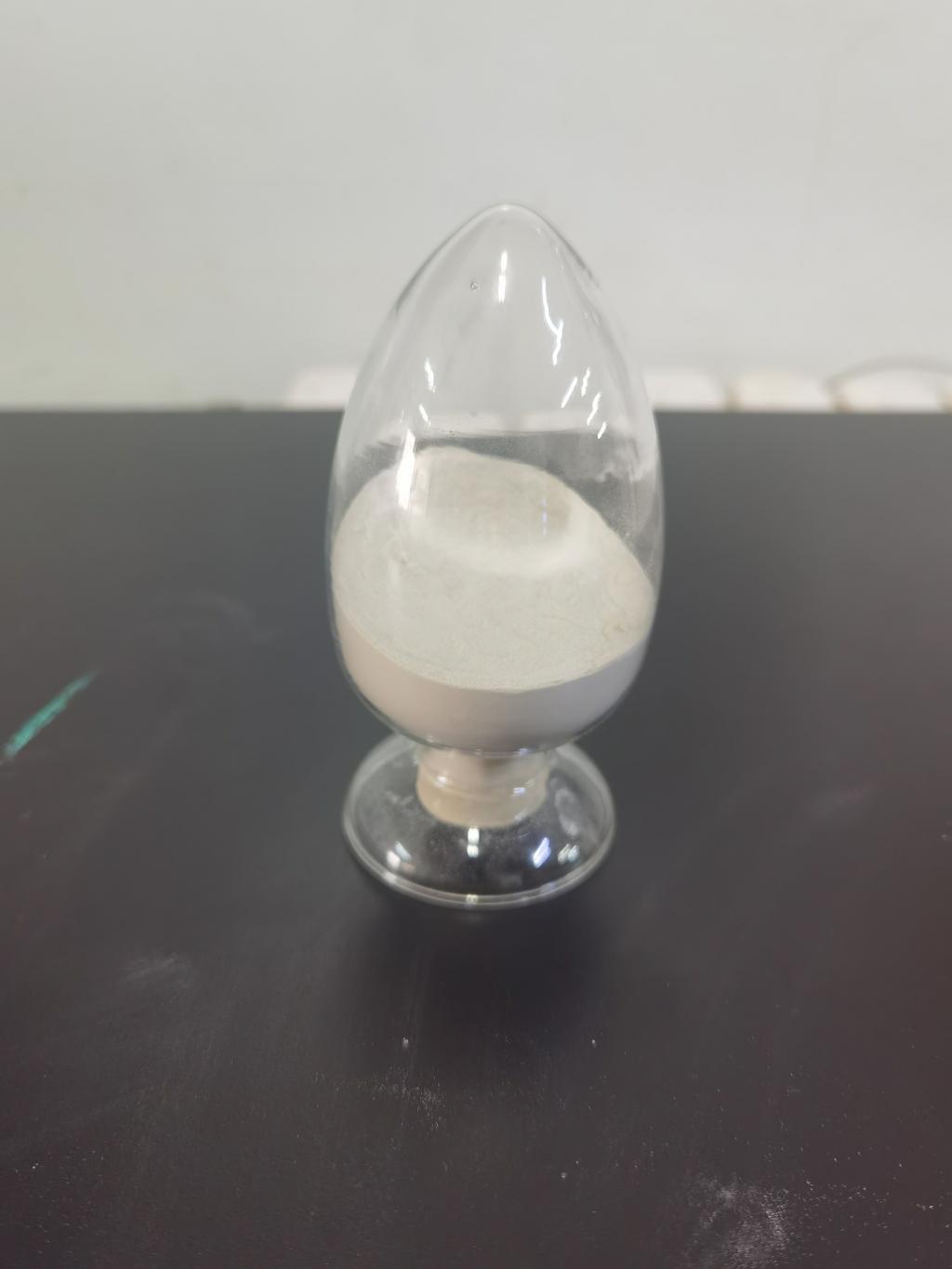Tel:+8618231198596

News
 CONTACT
CONTACT
 CONTACT
CONTACT
- Linkman:Linda Yao
- Tel: +8618231198596
- Email:linda.yao@dcpharma.cn
- Linkman:CHARLES.WANG
- Department:Overseas
- Tel: 0086 0311-85537378 0086 0311-85539701
News
Are there any known allergenic reactions associated with Nisin?
TIME:2023-07-19
Definition of Allergenic Reactions:
Allergic reactions occur when the immune system overreacts to a specific substance, perceiving it as harmful. Common symptoms of allergic reactions include skin rashes, itching, swelling, respiratory distress, and gastrointestinal disturbances. It is essential to differentiate between true allergies and non-allergic adverse reactions when assessing the allergenic potential of a substance such as nisin.
Prevalence of Allergic Reactions to Nisin:
Studies investigating the prevalence of allergic reactions specifically associated with nisin are limited. However, given the widespread use of nisin as a food preservative, the reported cases of allergic reactions remain extremely rare. In fact, nisin is derived from a bacterium commonly found in dairy products, and its presence in foods has not been associated with a significant incidence of allergies. Nonetheless, individuals with known allergies to other antimicrobial peptides or dairy products should exercise caution and consult healthcare professionals before consuming products containing nisin.
Cross-Reactivity with Other Antimicrobial Peptides:
Antimicrobial peptides, including nisin, share structural and functional similarities. Concerns have been raised regarding potential cross-reactivity between nisin and other antimicrobial peptides, leading to allergic reactions in susceptible individuals. However, current evidence suggests that cross-reactivity between nisin and other peptides is minimal, and allergic reactions specifically attributed to nisin remain uncommon.
Allergenicity Assessment of Nisin:
Allergenicity assessments play a crucial role in evaluating the potential for allergic reactions associated with a substance. Multiple studies have been conducted to assess the allergenicity of nisin using in vitro and in vivo methods. These studies have investigated parameters such as immunoglobulin E (IgE) binding, skin prick tests, and oral challenge tests. The majority of these assessments have shown a low potential for nisin to induce allergic reactions, supporting its overall safety profile.
Nisin-Derived Peptides and Allergenic Potential:
Nisin-derived peptides are modified forms of nisin used for various purposes. It is important to differentiate between nisin itself and these derived peptides when assessing allergenic potential. While nisin-derived peptides may have different characteristics and functionalities, studies specifically focusing on their allergenicity remain limited. Further research is necessary to evaluate the allergenic potential of nisin-derived peptides individually.
Labeling and Regulation:
Accurate labeling of food products containing nisin is essential to inform individuals with known allergies or sensitivities. Stringent regulations and labeling requirements are in place in many countries to ensure the proper declaration of ingredients, including food additives like nisin. This enables consumers to make informed choices and avoid products to which they may be allergic.
Conclusion:
Existing scientific literature and studies indicate that allergic reactions associated specifically with nisin consumption are extremely rare. Nisin, being derived from a bacterium commonly found in dairy products, does not appear to pose a significant allergenic risk. However, individuals with known allergies to other antimicrobial peptides or dairy products should exercise caution and seek professional advice. Further research is needed to explore the allergenic potential of nisin-derived peptides individually. Strict labeling regulations contribute to consumer safety and enable informed decision-making. Overall, current evidence suggests that nisin can be used as a food preservative without significant concerns regarding allergenic reactions, though individual sensitivities may vary, and caution should be exercised by susceptible individuals.
- Tel:+8618231198596
- Whatsapp:18231198596
- Chat With Skype







